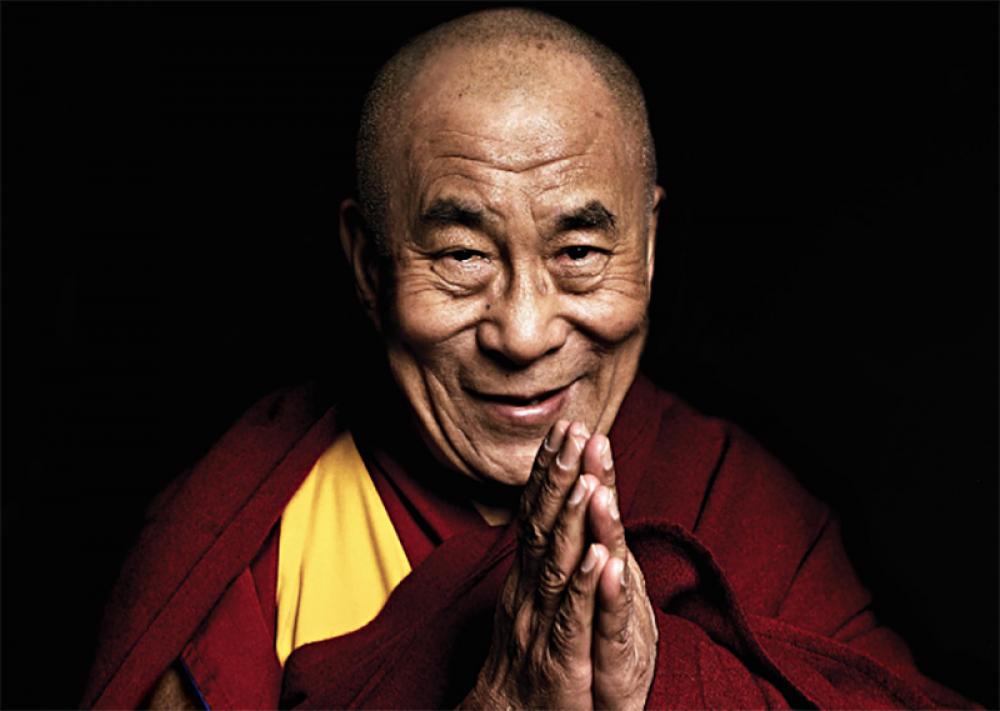Just Earth News | @justearthnews | 27 Mar 2023

File photo from Wallpaper Cave
Lhasa: The president of the Tibetan government-in-exile has warned China that it should not interfere in selecting the successor to spiritual leader Dalai Lama.
"No government should have any role in this spiritual matter and I think it is much wiser for China (not to interfere)," Penpa Tsering said in a recent interview with Kyodo News, adding that the succession will ultimately be decided by the 14th Dalai Lama.
Since the Tibetan government-in-exile has "nothing to do" with the selection process, then "how can China have a hand in that?" Tsering said. He added, though, that he has not "directly" asked the Dalai Lama about the matter.
The current Dalai Lama fled to India in March 1959.
He later established a government-in-exile in Himalayan Dharamsala city in India.
Choosing the successor to the 87-year-old Dalai Lama, who Tibetan Buddhists believe will be a reincarnation of the spiritual leader, is one of the major issues between Tibetans and Beijing, which considers him a separatist who aims at breaking Tibet away from China, reports Kyodo News.
China has said it has the sole authority to say who are the reincarnations of Tibetan Buddhist religious figures, including the Dalai Lama, as part of a legacy inherited from its emperors.
The Dalai Lama said Tibetans won't respect the person selected by China.
The 1959 Tibetan uprising or the 1959 Tibetan rebellion began on 10 March 1959, when a revolt erupted in Lhasa, the capital of the Tibet Autonomous Region, which had been under the effective control of the People's Republic of China since the Seventeen Point Agreement was reached in 1951.
Armed conflict between Tibetan guerillas and the People's Liberation Army(PLA) had started in 1956 in the Kham and Amdo regions, which had been subjected to socialist reform.
The guerrilla warfare later spread to other areas of Tibet and lasted through 1962.
The anniversary of the uprising is observed by Tibetan exiles as the ''Tibetan Uprising Day''.